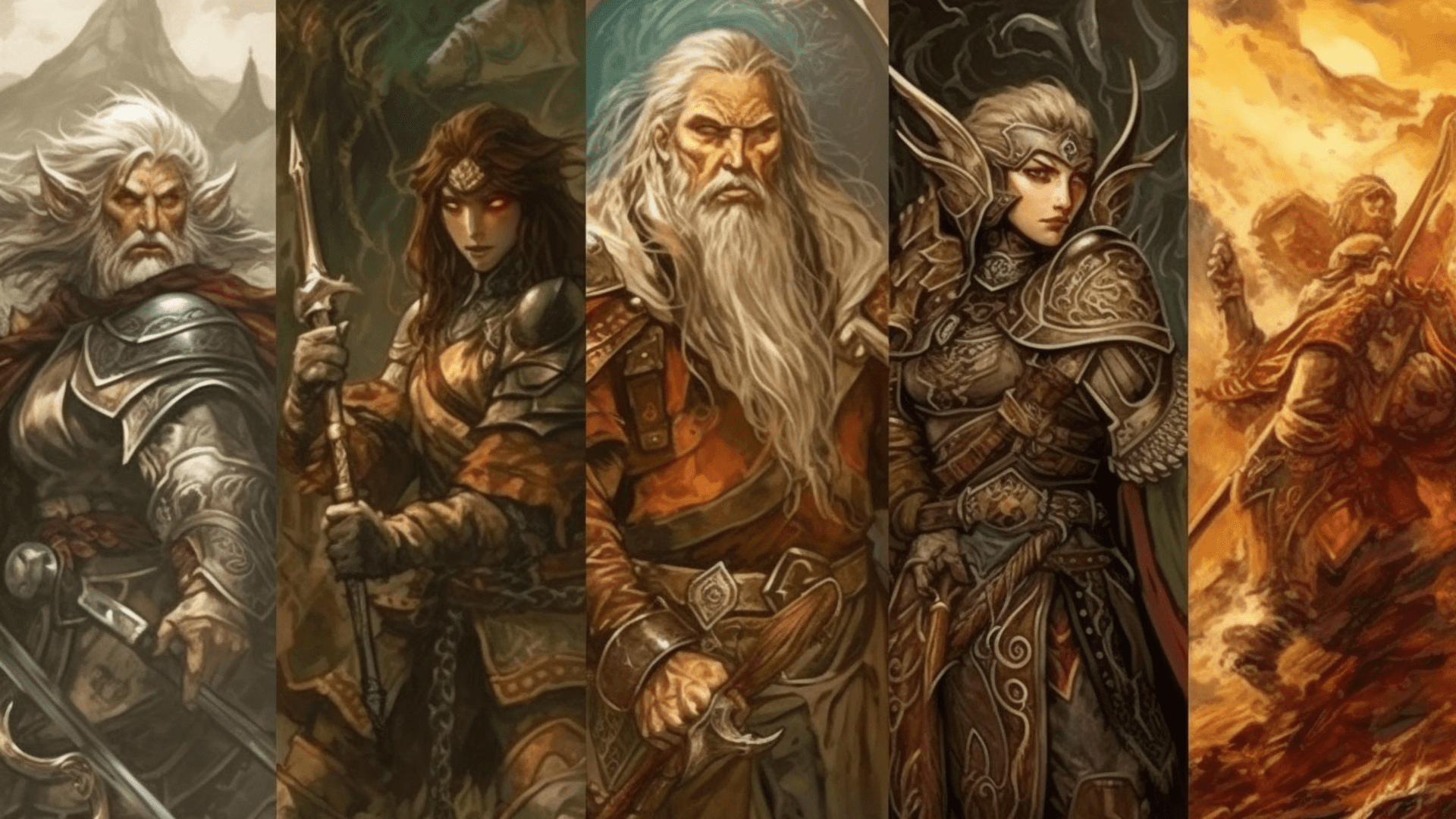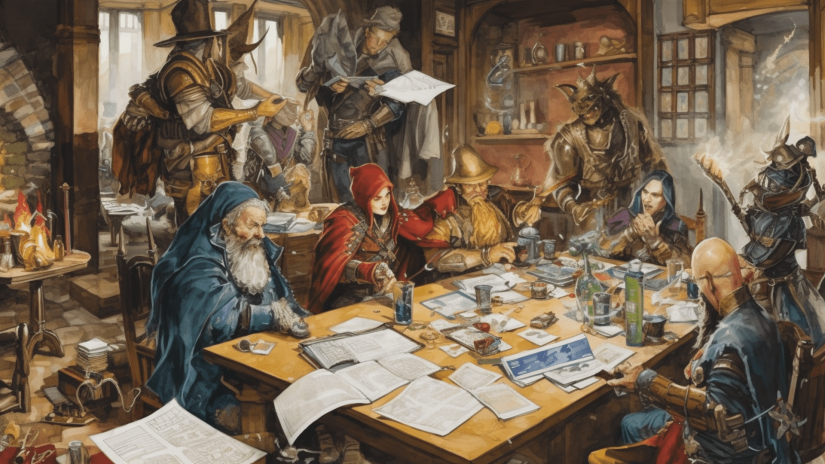The Evolution of Role-Playing Games: From Tabletop to Digital
Role-playing games (RPGs) are a type of entertainment where participants live in the skin of certain characters and act as they would in a fictional world. The latter often has a detailed elaboration and a large set of complex rules of existence.
The most popular variations of these games have existed for many decades, and their development history goes back thousands of years. The evolution of RPGs was long and interesting – from ancient traditions associated with magic and religious rituals to the modern digital MMORPG.
Tabletop RPGs
The tabletop RPG format appeared and became very popular in the mid-20th century, especially among fans of fantasy and mythology. One of the first RPGs of this format was “Dungeons & Dragons,” created in 1974.
It was based on classic board games such as checkers and chess and offered gamers the opportunity to try on the role of heroes in a fantasy world. Important note: The “Dungeons & Dragons” rulebook was weighty, and the game could last several days.
Computer RPGs
With the advent of computers and consoles, tabletop RPGs became digital. Computer RPGs became popular in the 1980s and were based on traditional tabletop RPGs; game designers were trying to adapt already honed gameplay to consoles and PCs.
One of the first highly successful computer-based offline role-playing games was Ultima, created in 1980. Ultima offered gamers the opportunity to explore a fantasy world and complete quests. Over the next few decades, other popular RPG series emerged, including The Elder Scrolls, Fallout, and Final Fantasy.
MMORPGs
With the advent of the internet, role-playing games moved into an online format. Massively multiplayer online role-playing games (MMORPGs) allow gamers to interact in real time in a virtual world. One of the first MMORPGs was Meridian 59, created in 1996.
Since then, many popular MMO RPGs, such as World of Warcraft, EVE Online, and Guild Wars, have emerged. They offer refined mechanisms for interacting with one another to complete quests, go on dungeon sweeps, improve characters, and explore vast virtual worlds.

Mobile Role-playing Games
With the development of smartphones, tablets, and apps, more RPG games began appearing on mobile platforms. Mobile RPGs, or MRPGs, allow players to enjoy the gameplay of their favorite projects directly on the screens of their gadgets.
One popular RPG for smartphones is Final Fantasy: Brave Exvius. It allows gamers to get into the role of characters and explore different worlds, complete missions, and fight monsters.
Virtual Reality and Role-Playing Games
With the advent of VR technology, RPG games have begun to move to the next level. Virtual reality allows full immersion in the digital world and real-time interaction. One popular RPG that gained a second wind with the support of virtual reality technology was The Elder Scrolls V: Skyrim VR.
This variation of the real hit from Bethesda allows fans to fully immerse themselves in an amazing fantasy universe and perform quests with maximum immersion in the created atmosphere.
The Future of Role-Playing Games
With the development of technology, the prospects for the role-playing game genre promise to be even more exciting and engaging. VR and AR capabilities promise to greatly change the user experience and allow gamers to immerse themselves in the game world even more deeply.
In addition, with artificial intelligence and machine learning development, RPG games can become even more interactive and adaptive to gamers. In the future, we should expect more complex and exciting plots, unique characters and universes, and even more freedom of action.

